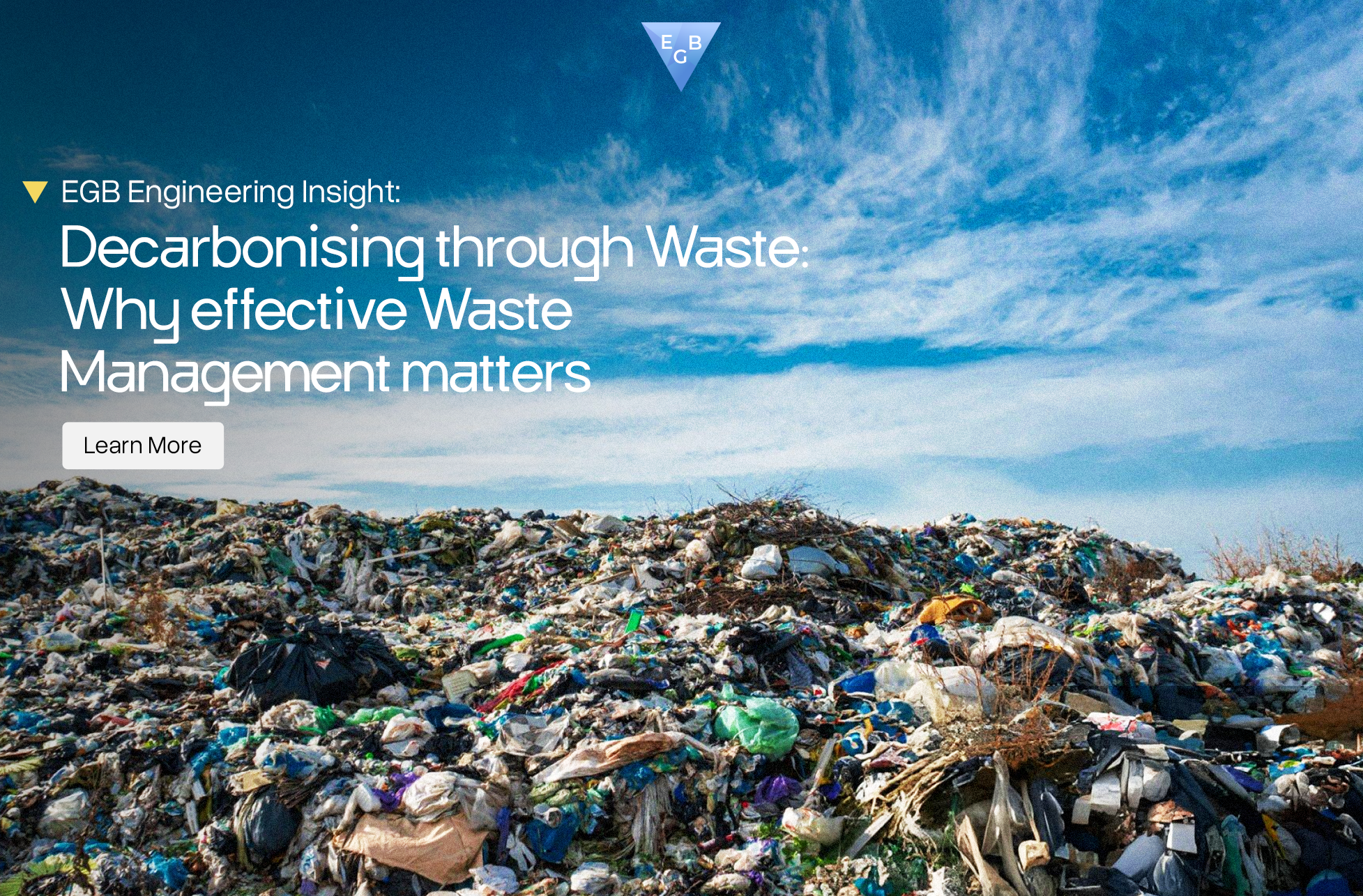
What Are The Least Energy Efficient Houses And How Can This Be Solved?
Energy and heat loss in homes is a result of many factors including:
- Poor construction
- Little or no insulation installed.
- Inefficient sources of energy
- Wasted resources eg. Leaving heating on or water running.
Energy and heat loss in homes is a result of many factors including:
- Poor construction
- Little or no insulation installed.
- Inefficient sources of energy
- Wasted resources eg. Leaving heating on or water running.
And with the UK having some of the oldest buildings in Europe, there is a lot of housing not fit for purpose.
Almost 2.5 million families in the UK live in poor housing conditions and suffer from fuel poverty. This means they are unable to maintain a reasonable temperature in their homes due to low income and inefficient insulation or construction for heating.
In 2017, an estimation of 40% of the UK’s carbon emissions were a result of household alliances and energy. This presents the difference that would be made if households we more energy efficient.
Wasted resources such as water are also a huge issue in the UK, and a lot of this is due to misinformation. For example, a common belief is that showers are less wasteful than baths, however your power shower could be using up to 50 litres more than baths. A water-efficient shower head could save a household up to £195. Other ways Brits may be wasting water is through unnecessary activities, such as excessive car washing.
Our diets also have a big impact on resources such as land and water. You may find a packet of four beef burger patties in your fridge, but estimations find that every kilogram of bovine meat requires 15,415 liters of water to produce. That comes out to 1,847 gallons of water per pound, or more than 460 gallons for a quarter pound of beef. This additionally comes with more than 13 pounds of feed, nearly 65 square feet of land, and 0.126 pounds of methane per quarter-pound hamburger. By households changing their diets, and therefore the demand in the market,
Electricity is increasingly used to power households, and its increasingly sourced from sustainable strategies such as solar energy. However, the UK is still significantly behind with sourcing electricity in sustainable ways. The more common way the UK currently sources energy for home is by burning fossil fuels, which not only limited on supplies, but it also releases harmful gases and generating energy.
If you want to find out how you can operate your household in the most sustainable way possible, follow our next article on 11th March which will direct you on a sustainable lifestyle.




